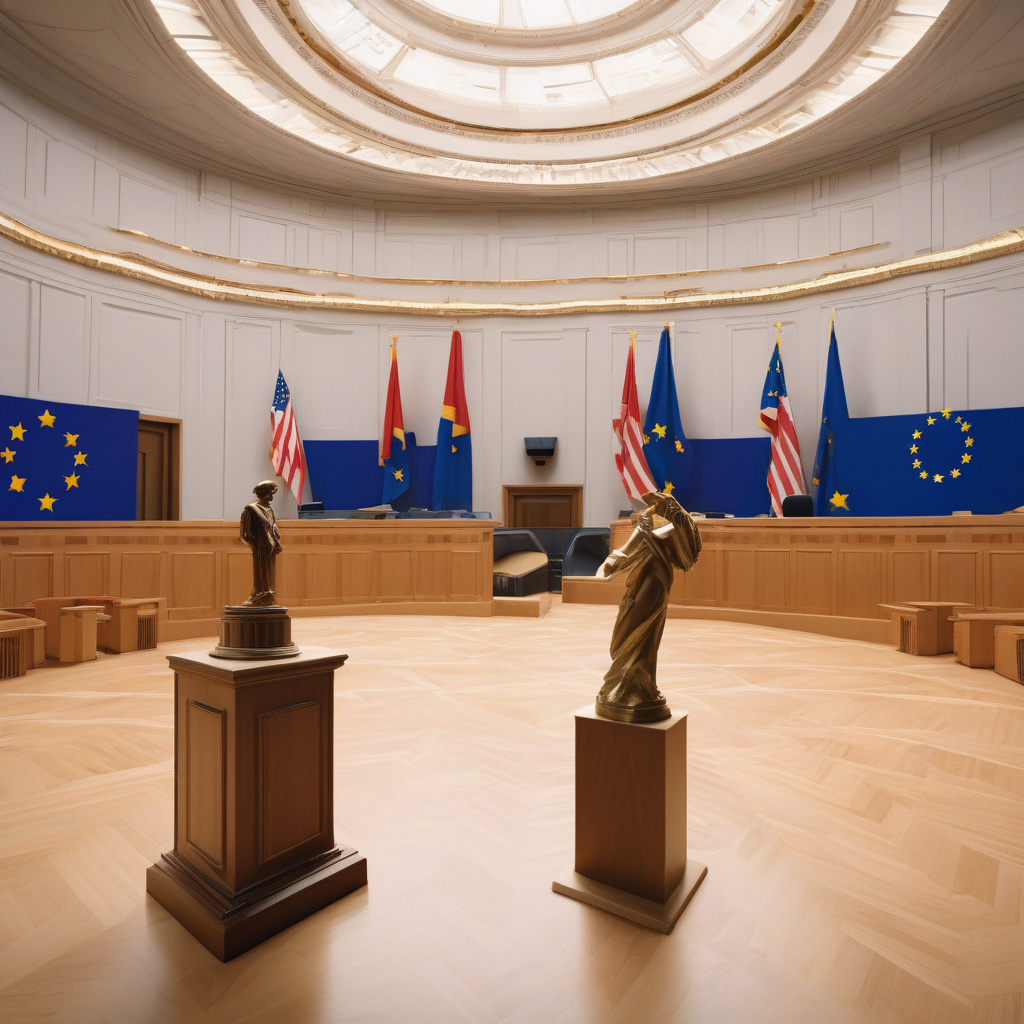Meta and TikTok Triumph in EU Court Battle Over Digital Services Act Levy
In a recent legal showdown, tech giants Meta and TikTok emerged victorious as Europe’s second-highest court cast doubt on the European Union’s Digital Services Act levy. This ruling marks a significant turning point in the ongoing debate surrounding regulatory fees imposed on digital platforms operating within the EU.
The EU’s Digital Services Act, aimed at regulating the activities of online platforms to ensure a safer digital space for users, includes provisions for a levy to be paid by larger tech companies. However, Meta and TikTok challenged the legality of this levy, questioning the methodology used to determine its implementation and potential impact on their operations within the EU.
The court’s decision to side with Meta and TikTok raises important questions about the transparency and fairness of regulatory measures imposed on tech companies. By scrutinizing the methodology behind the Digital Services Act levy, the court has highlighted the need for thorough evaluation and justification of such fees to prevent arbitrary impositions that could stifle innovation and economic growth.
This ruling is not only a legal victory for Meta and TikTok but also a broader win for tech companies navigating the complex regulatory landscape of the EU. It sends a clear message that stringent regulations must be accompanied by clear and objective criteria to ensure accountability and prevent regulatory overreach.
Moreover, the court’s decision underscores the importance of fostering a regulatory environment that balances innovation and consumer protection. While regulations play a crucial role in safeguarding user rights and promoting fair competition, they must be crafted with precision and in consultation with industry stakeholders to avoid unintended consequences.
The implications of this court ruling extend beyond the specific case of Meta and TikTok, serving as a precedent for future regulatory disputes between tech companies and governing bodies. It highlights the need for a collaborative approach to regulatory frameworks, where industry expertise is leveraged to create effective and equitable policies that benefit both consumers and businesses.
As the digital landscape continues to evolve rapidly, regulatory frameworks must adapt to ensure a harmonious relationship between innovation and compliance. By upholding the importance of transparency and accountability in regulatory decision-making, the court’s ruling sets a standard for future regulatory actions in the tech sector.
In conclusion, Meta and TikTok’s victory in the EU court battle over the Digital Services Act levy represents a milestone in the ongoing dialogue on tech regulation. It emphasizes the necessity of clear and objective regulatory measures that support innovation while upholding consumer interests. Moving forward, this ruling is poised to shape the future of tech regulation in the EU and beyond, guiding policymakers towards a balanced and effective approach to fostering a thriving digital ecosystem.
#Meta, #TikTok, #EU, #DigitalServicesAct, #Regulation











